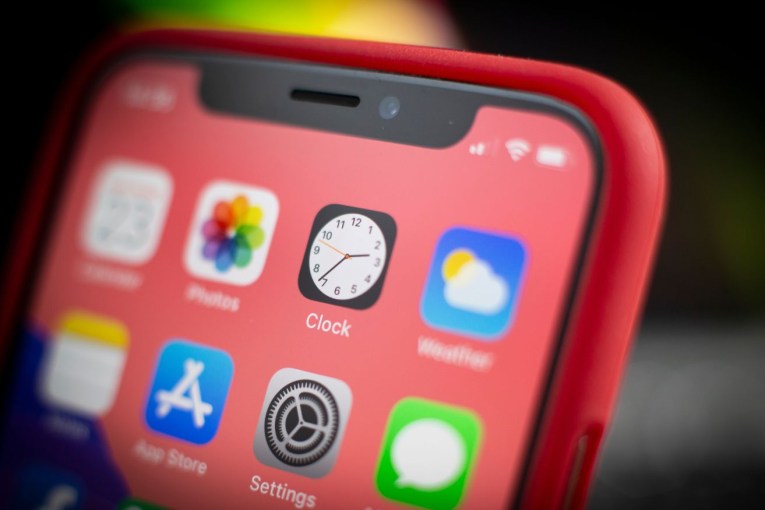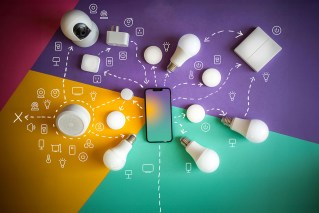These gadgets could let hackers into your home

In just a few years the humble fridge will be able to tell you when you’re running out of milk. Changing the setting on your airconditioning unit then it might be as simple as a tap on your smartphone.
In the near future, hundreds of household devices will be connected to the Internet. But is the desire for greater convenience outweighing security concerns within our homes?
• What is the ‘internet of things’?
• The latest gadgets you need to know about

The potential for intruders to access homes could increase in the digital world.
Rob Livingstone, who runs an IT advisory consulting practice and is Fellow at the University of Technology in Sydney, believes further reliance on digital devices in the household creates problems.
“It’s pretty much the wild west out there,” Mr Livingstone says.
“There are no global standards for these sorts of devices. I think it’s incumbent on anyone using these technologies in their personal lives and the home situation to be aware of the security and privacy risks.”
How intruders can access your home
You might have heard about the internet of things being talked about recently. It refers to any device or technology that can gain access to the internet, and many of those things are not the devices that have been connected to the web in the past.

Google glass, a wearable computer with an optical head mounted display. Photo: Getty
The upshot for the ordinary household is both good and bad.
The average home could have hundreds of devices hooked up to the internet in coming years, anything from your coffee machine to your pantry.
But could the effect of this greater convenience be diminished security?
“Essentially, the devices around the house have got an IP address and that IP address gives a unique identifier in the internet and once that IP address is known it can be written or read or accessed by other devices.”
Mr Livingstone says having more devices connected to the internet means having more potential entry points for intruders.

Smart fridges could threaten home security.
Are we at risk?
Mr Livingstone suggests the thirst for technology and convenience is not being matched by security concerns. He believes the potential for intrusion into the privacy of users is a real threat.
“There’s a push to sell digital products and services at a consumer level combined with a demand for it. It just pushes aspects of our security to the side to a certain extent,” Mr Livingstone says.
“As an individual we need to understand what is actually important to us. What’s important that needs protecting. Whether that be aspects of your identity or specific assets in your house like your security or alarm.”
Protect your belongings
As years go by technology will continue to evolve and make its way into our homes. Interference from intruders as a by-product of greater convenience seems inevitable, but to what extent or impact is still unknown.
Changing the setting on someone’s air-conditioning unit or dimming the lights would appear to be a minor irritation, but tapping into someone’s home security system, for example, poses much more serious problems.
“The fundamental issue is – it is still an evolving landscape,” Mr Livingstone says.
“Make sure that if it’s really critical and it’s something that you cannot afford to have accessed in an unauthorised manner, seriously question whether you allow carte blanche access via the internet.”








